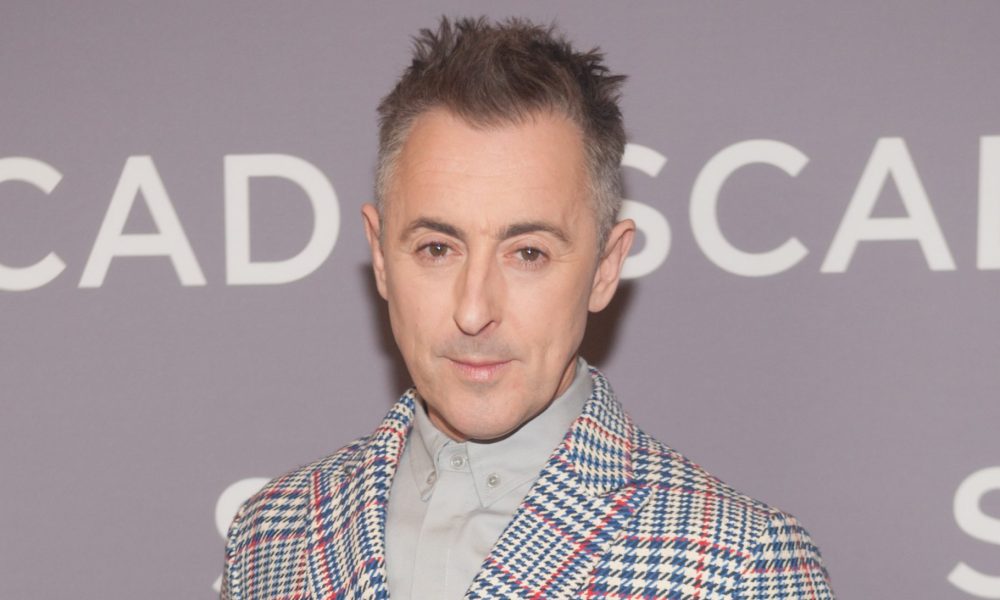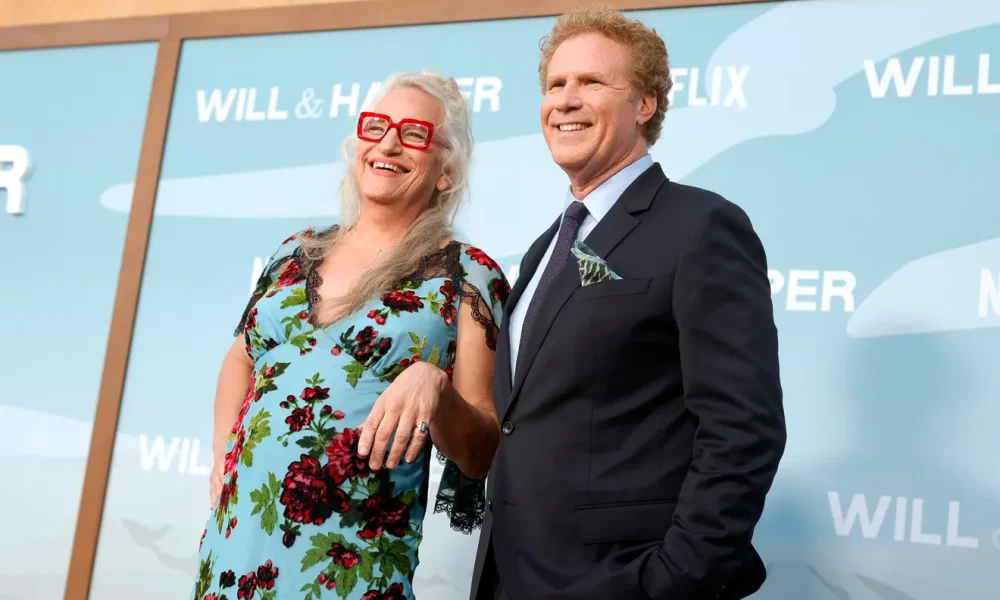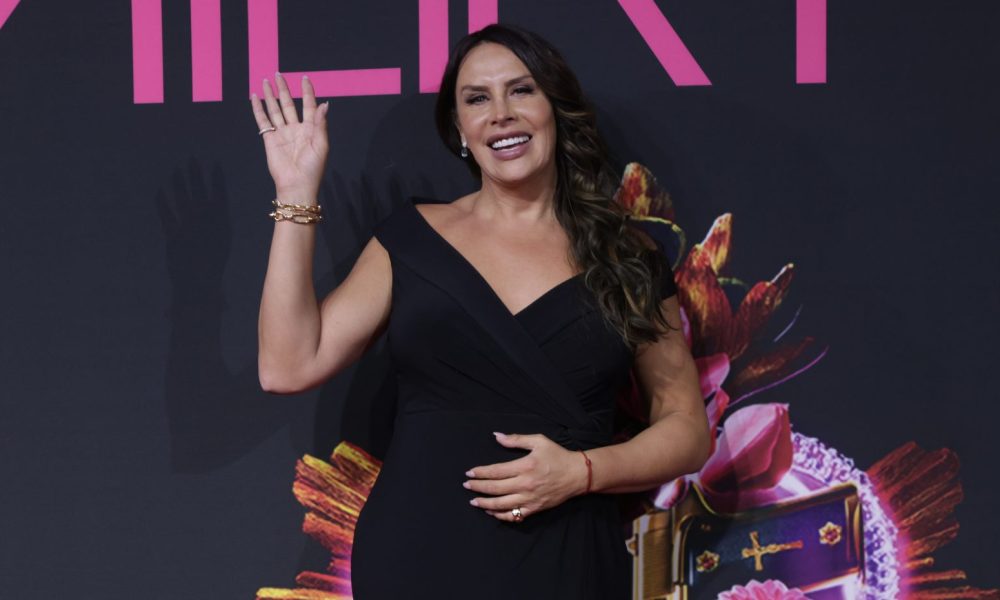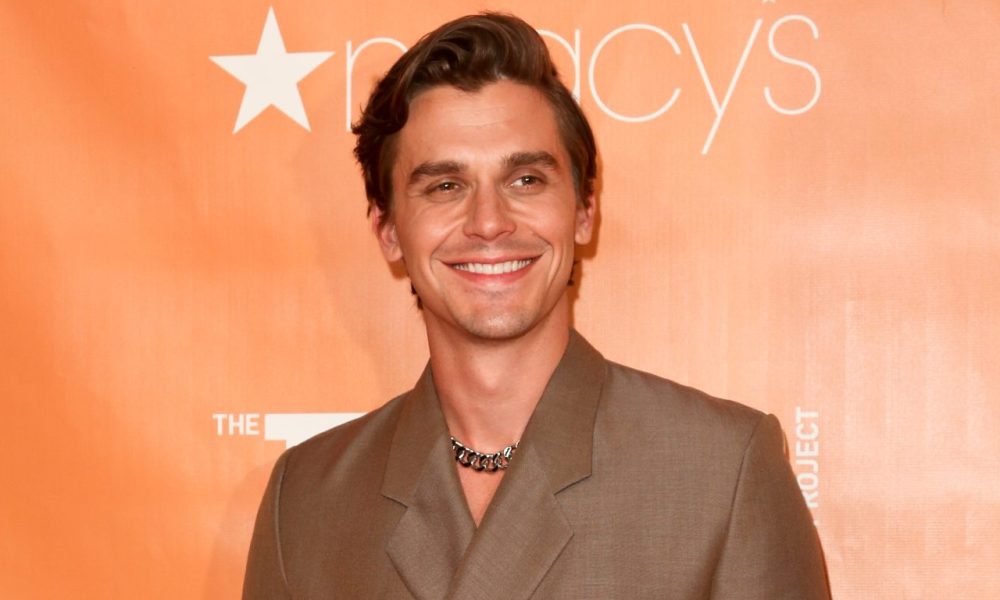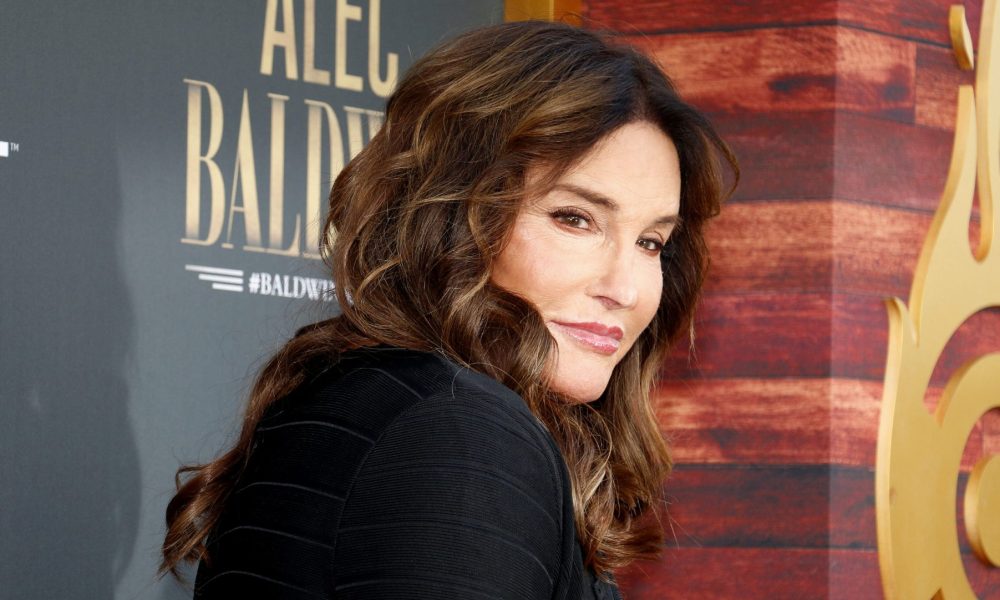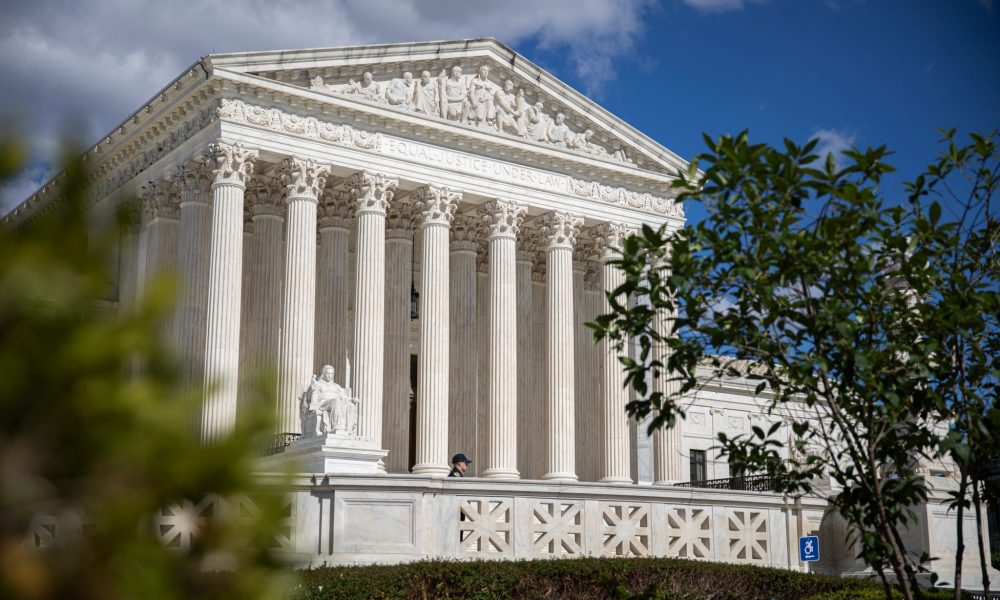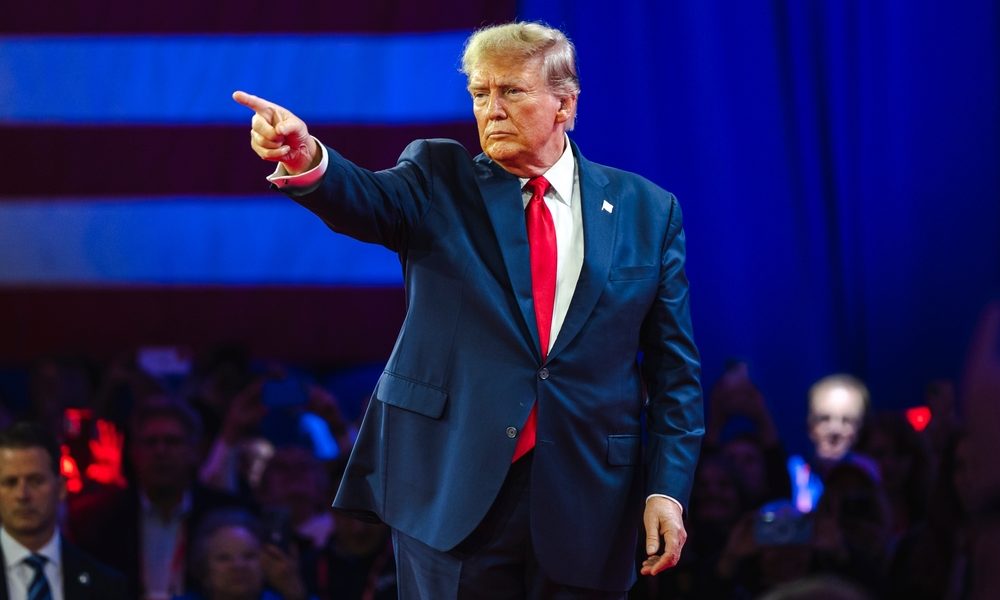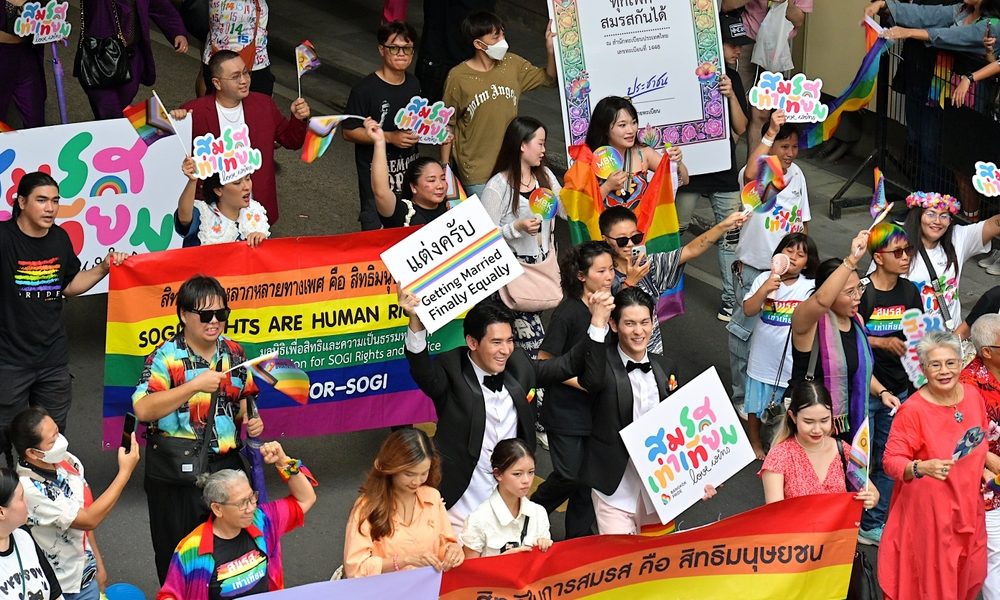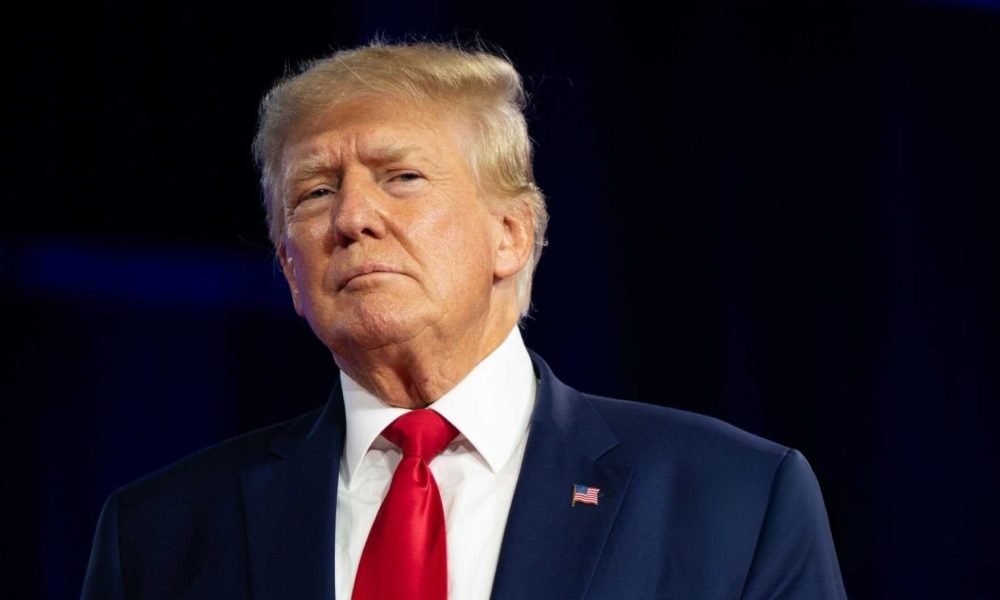Alan Cumming, the Emmy-winning actor and host of The Traitors, graces the cover of Out magazine’s January/February 2025 issue. In an exclusive interview with Out Editor-in-Chief Daniel Reynolds, Cumming opens up about his role in shaping a new era of queer representation on television, his fierce political activism, and the power of embracing individuality.
Known for his boundary-pushing fashion choices, larger-than-life persona, and unapologetic stance on queer identity, Cumming has become an influential figure in both entertainment and social justice. His latest appearance in The Traitors has further cemented his place as a cultural icon, using his platform to advocate for LGBTQ+ rights while defying societal expectations.
Redefining Reality TV with Provocation and Visibility
In the Out interview, Cumming reflects on the evolution of his career, which has taken on new dimensions in recent years. As the host of The Traitors, a popular reality competition show, Cumming has used his visibility to challenge stereotypes, promote queer inclusion, and embrace bold, gender-fluid fashion choices.
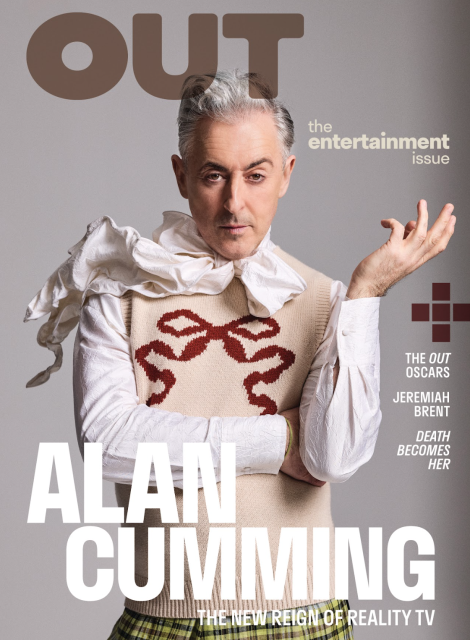
“I like provocation, I like being bigger than life in order to challenge people and make them think,” Cumming explains in the interview. “Anything you can do to remind people… that it’s OK to be different, and it’s OK to be provocative, and it’s OK to have a different outlook on life is the best thing to do. And, also, it’s fun!”
Cumming’s impact in the entertainment industry goes beyond entertainment, as he has consistently used his platform to push for change. As an openly queer actor, Cumming is passionate about increasing visibility for the LGBTQ+ community, especially in mainstream media. His approach to both performance and activism continues to inspire fans and colleagues alike.
Fighting for LGBTQ+ Rights in a Divided World
The actor’s conversation with Out also delves into his activism, particularly around the growing threats to LGBTQ+ rights in the current political climate. Cumming has been vocal in his support for marginalized communities, particularly the trans community, and he calls out dangerous policies that threaten their safety and freedom.
In particular, Cumming addresses the increasingly contentious issue of anti-trans bathroom bans that have emerged in various U.S. states. “It’s not about toilets… it’s about using a group in society that is vulnerable and easily hated to be the scapegoat in order to take attention away from the other terrible things that are happening,” he says. “It’s a really terrifying time. So anything I can do to just show trans power and trans beauty and trans happiness, I do.”
Cumming’s words reflect his commitment to fighting for queer rights, especially at a time when anti-LGBTQ+ legislation continues to gain traction in parts of the world. His passion for uplifting trans voices and celebrating trans joy is evident in his public statements and actions, as he uses his platform to combat hate and amplify love.
A New Season of The Traitors and the Power of Aging
As the host of The Traitors, Cumming continues to captivate audiences with his unique style and sharp wit. The show, which pits contestants against one another in a high-stakes psychological competition, returns for a new season this year. When asked about what viewers can expect, Cumming jokes, “The Traitors is ‘Lord of the Flies with Botox.’” His quick sense of humor and infectious energy have made him a standout host, and fans are eager to see what surprises the new season holds.
In his Out interview, Cumming also reflects on the freedoms that come with aging. Now in his 50s, the actor embraces the liberating aspects of getting older. “That’s one of the good things about being older is that you give less of a fuck, you truly do,” he says. “And then at the same time, you give more of a fuck.” This balance of confidence and care is part of what makes Cumming such a powerful voice in both entertainment and activism.
A True Trailblazer in Queer Representation
Alan Cumming’s journey from acclaimed actor to activist has made him an invaluable figure in the fight for LGBTQ+ equality. His ability to blend personal expression, political resistance, and artistic creativity has set him apart as a true trailblazer in queer representation, especially within mainstream television. As the host of The Traitors, Cumming continues to challenge expectations and spark conversations about identity, sexuality, and social justice.
With his bold style, unfiltered opinions, and unwavering commitment to change, Cumming has proven that there is no one-size-fits-all formula for activism or for being queer. Whether through his fashion choices, his role on The Traitors, or his outspoken support for trans rights, Alan Cumming remains a vital force in both the entertainment industry and the LGBTQ+ movement.
For more on Alan Cumming’s thoughts on queer identity, his role in shaping the future of television, and his political activism, pick up the January/February 2025 issue of Out, available now.
